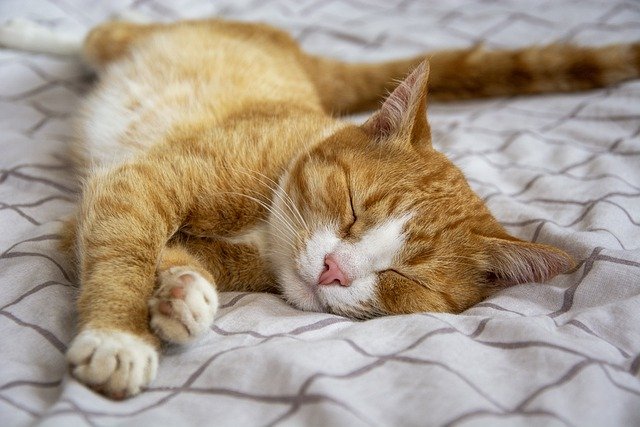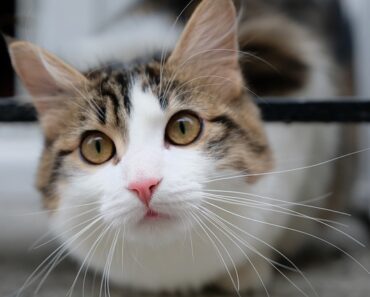Epilepsy in cats is characterized by neurological disorders that can occur occasionally throughout the year, and in the most severe cases, several times a week. These recurrent seizures require prompt veterinary diagnosis. Epilepsy is not fatal, but the earlier it is treated, the better. More frequent in dogs, this disease affects felines, and alerts on a cerebral dysfunction. In order to better understand this health problem, discover how to deal with epilepsy in your pet.

What causes epilepsy in cats?
Generally, a cat with epilepsy is suffering from a brain injury such as meningitis, infections or parasitic diseases. Other problems can appear related to its metabolism or a blood problem: intoxication, renal insufficiency, liver problems. If all these causes are ruled out by your veterinarian, the origin of the disease remains unknown and is called idiopathic epilepsy.
In all cases, a diagnosis is necessary at your veterinarian’s office. Your cat will undergo a complete examination for analysis, which consists of taking a blood sample, a cerebrospinal fluid puncture, a CT scan or MRI.
How do you recognize the symptoms of feline epilepsy?
Your pet cat may suddenly faint. Her body twitches and convulses. This is scientifically called the ictus phase. Your pet loses control of its movements, meows, growls and sometimes urinates. Also, some behavioral problems may occur. During this aura phase, your pet may lash out at food, be unusually aggressive and drool profusely. Once the seizure is over, your cat’s recovery is more or less difficult, which may explain why he acts strangely. This is called the post-ictal phase.
If you unfortunately witness a seizure in your cat, it is strongly advised to consult your veterinarian as soon as possible to diagnose the disease and set up an effective treatment.
What is the remedy for cat epilepsy?
First of all, you must remain calm in the face of your pet’s convulsive seizure. It is strongly recommended that you turn off the light and keep your cat in a dark room.
Don’t do it! Open its mouth and stick out its tongue. You risk involuntarily suffocating him and getting bitten.
Secondly, contact your veterinarian urgently who will proceed with a clinical examination. In order to reduce the convulsions, your veterinarian will administer anticonvulsants. Then, he will proceed to various analyses to know exactly the cause of the disease. If the cause cannot be found, your cat may be prescribed a life-long treatment.
Now you know the causes of epilepsy in cats, its symptoms and medical solutions. If your furry friend has a seizure, you’ll know exactly what to do to help him or her. Don’t panic, your cat is not dying of epilepsy and should be treated immediately. Take care of your cat and adopt the right gestures with a healthy diet adapted to its pathology.






